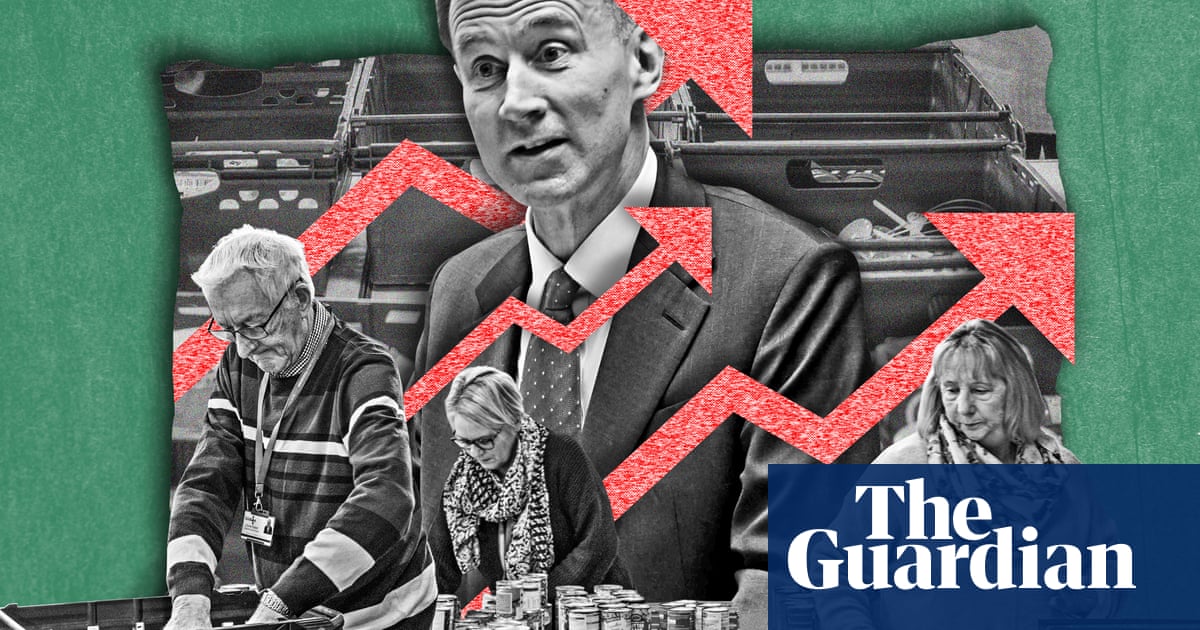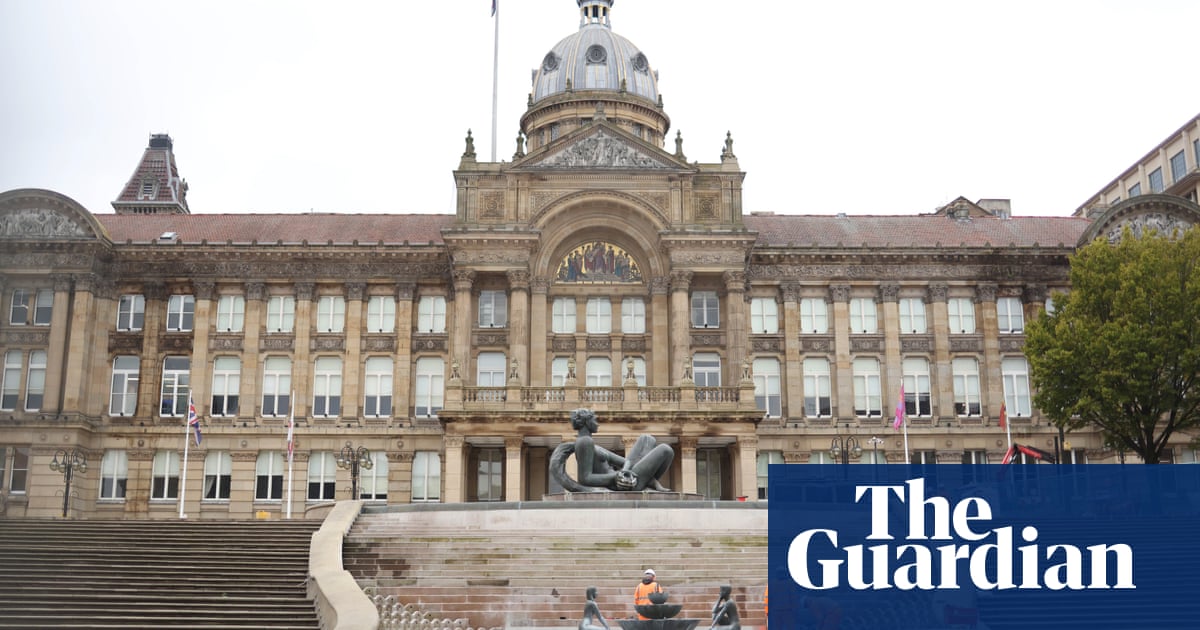
Millions of council tax payers are in line for increases of up to 5% in their annual bills from April, with those on low and middle incomes hit hardest by a sixth year of increases in England above the rate of inflation.
The tax rise, which Labour said amounted to a “£2bn council tax bombshell” for families still coping with the pandemic, will go ahead despite Boris Johnson’s claim that he would end years of austerity.
Hundreds of councils must decide soon whether to raise the tax by the maximum allowed by government of 4.99%, or to make big cuts in services.
The Tory-controlled Hillingdon council, which covers the prime minister’s constituency of Uxbridge and South Ruislip, is due to vote this week on proposals for a 4.8% increase in bills, while Bath and North East Somerset council, which covers leader of the house Jacob Rees-Mogg’s constituency, will vote on a 4.99% increase, adding £70 a year to the average bill.
Thinktanks and MPs across party lines have also urged the chancellor, Rishi Sunak, who is soon to present a budget to the Commons, to delay any tax rises until the recovery is assured.
Last year Britain suffered its most severe downturn in 300 years when the economy contracted by 9.9%. The UK’s GDP has also fallen in the first quarter of 2021 as Brexit delays at UK ports and the third lockdown hit Britain’s manufacturers and services industries.
The Institute of Fiscal Studies said last week that while economic forecasters expected a rapid bounce-back in the second half of the year, tax rises should be delayed for at least two or three years until the economy has regained its pre-pandemic level of activity.
Anneliese Dodds, Labour’s shadow chancellor, said: “Rishi Sunak’s £2bn council tax bombshell in the middle of a pandemic isn’t just economically illiterate – it’s wrong. The chancellor should be building up confidence in the economy and supporting families to get through the worst economic crisis of any major economy.”
Last year Robert Jenrick, the minister for housing, communities and local government, said authorities were “not under any obligation to increase” bills. He added that councils would “have the resources they need” to serve communities and “deliver first-class public services”.
His department said it had “committed over £11bn to councils in England to tackle the impacts of Covid-19” and had provided councils with “£670m of new grant funding to enable them to continue reducing council tax bills next year for those least able to pay.”
But most of those councils that have already made a decision have opted to increase bills by more than 3%, and many by the maximum 4.99%, according to the Local Government Chronicle’s council tax tracker.
Labour-run Manchester City council has told residents that without a 5% increase in bills it must make savings of £8.5m in addition to the £50m it is seeking to cut from current spending.
Nick Forbes, the Labour leader of Newcastle City council told residents that £28.8m of funding from MHCLG failed to cover £60m of emergency costs from the pandemic, leaving the council to plug a £32m hole in the budget over the coming year.
According to the leaders of Tory-dominated County Councils Network – many of them limiting the rise in bills to 4% – more than half its member councils were planning “moderate or severe” service reductions in adult social care, nearly a third were seeking heavy cuts to road repair budgets, and 33% were considering major savings in library services.Councils have complained that since 2016 they have been forced to increase council tax bills to pay for social care costs under the government’s social care precept.
The government cap on bills comprises two elements, a 3% ceiling on the social precept rise and a 1.99% maximum rise for general council running costs. Councils that consider breaching the caps must hold a referendum of local residents.
David Phillips, associate director at the Institute for Fiscal Studies, said council tax was a regressive tax that favoured wealthier people. “Council tax bills represent a larger share of income for low-to-middle income households than high-income households,” he said.
“This means increases in council tax will typically take up a larger share of their income too – although the government is providing councils with additional funding to help pay for bigger discounts for those with the lowest incomes until April 2022.”
Figures from the Office for National Statistics show that a band D council payer in the lowest 20% of income earners last year paid £1,000 after extra government subsidies out of a disposable income of £16,776. A council tax payer in the top 20% of earners paid £1,823 out of a disposable income of £91,472.
Tony Travers, a local government expert at the London School of Economics, said: “It is the ‘not quite poor’ who suffer the most. Those who have enough income that means they don’t qualify for benefits. They get hammered by council tax increases as a proportion of their income.”












